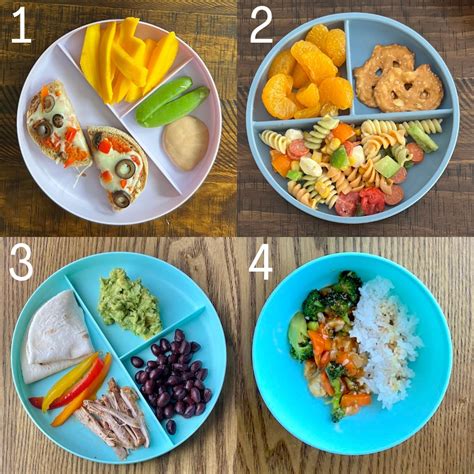Fueling Your Best Self: The Science of Daily Nutrition
In our demanding daily lives, what we eat directly impacts our energy levels, cognitive performance, and physical strength. Optimizing your daily nutrition isn’t just about avoiding unhealthy foods; it’s about strategically consuming nutrients that power your brain, sustain your body through workouts, and help build and maintain lean muscle. This guide will walk you through the key principles to transform your diet into a powerhouse for sustained energy, laser-sharp focus, and robust lean muscle development.

Mastering Macronutrients: The Big Three
Macronutrients—proteins, carbohydrates, and fats—are the foundation of your diet. Getting the right balance is crucial for achieving your goals.
Protein: The Builder and Repairer
Protein is vital for muscle repair, growth, and satiety. Aim for a consistent intake throughout the day to support lean muscle mass and prevent energy dips. Good sources include lean meats, poultry, fish, eggs, dairy, legumes, and tofu.
Carbohydrates: The Primary Energy Source
Often misunderstood, carbohydrates are essential for fueling your brain and muscles. Opt for complex carbohydrates like whole grains, fruits, and vegetables, which provide sustained energy release, unlike simple sugars that cause rapid spikes and crashes. Timing your carb intake, especially around workouts, can significantly boost performance and recovery.
Healthy Fats: Essential for Hormones and Focus
Don’t fear fats; embrace healthy ones! Monounsaturated and polyunsaturated fats (found in avocados, nuts, seeds, olive oil, and fatty fish) are crucial for hormone production, nutrient absorption, and cognitive function. They also contribute to satiety, helping to regulate appetite.
The Power of Micronutrients and Hydration
While macronutrients provide the bulk of your calories, micronutrients—vitamins and minerals—are the unsung heroes facilitating countless bodily processes, including energy production and nervous system function. Ensure your diet is rich in a variety of fruits, vegetables, and whole foods to get a spectrum of essential vitamins and minerals.
Equally critical is hydration. Water is involved in every metabolic process, nutrient transport, and temperature regulation. Dehydration can lead to fatigue, reduced focus, and impaired physical performance. Aim for at least 8 glasses of water daily, more if you’re active or in a hot climate.

Strategic Meal Timing and Portion Control
When you eat can be almost as important as what you eat. Spreading your meals and snacks throughout the day can help stabilize blood sugar, maintain energy levels, and provide a steady supply of nutrients for muscle growth and repair. Consider:
- Breakfast: Kickstart your metabolism and energy with a balanced meal of protein, complex carbs, and healthy fats.
- Pre-Workout: A small, easily digestible meal with carbs and a bit of protein about 1-2 hours before exercise can optimize performance.
- Post-Workout: A meal rich in protein and carbohydrates within an hour after exercise is crucial for muscle recovery and glycogen replenishment.
- Snacks: Healthy snacks between meals can prevent overeating and maintain energy. Think nuts, seeds, Greek yogurt, or fruit.
Portion control is another vital component. Even healthy foods can contribute to weight gain if consumed in excess. Listen to your body’s hunger and fullness cues, and be mindful of serving sizes.

Practical Tips for Sustainable Nutrition
- Prioritize Whole Foods: Minimize processed foods, sugary drinks, and unhealthy snacks. Focus on fresh, whole ingredients.
- Plan Ahead: Meal prepping or planning your meals for the week can save time and prevent poor food choices when you’re busy.
- Listen to Your Body: Pay attention to how different foods affect your energy, digestion, and mood. Adjust your diet accordingly.
- Consistency is Key: Sustainable change comes from consistent effort, not occasional perfect days. Aim for progress, not perfection.
- Seek Professional Advice: If you have specific dietary needs or health conditions, consult a registered dietitian or nutritionist.
Conclusion
Optimizing your daily nutrition is a powerful investment in your overall well-being. By understanding and implementing principles of balanced macronutrient intake, prioritizing micronutrients and hydration, strategic meal timing, and mindful portion control, you can unlock sustained energy, enhance your mental clarity, and effectively support your lean muscle goals. Start making small, consistent changes today, and experience the profound impact of truly fueling your body for success.




